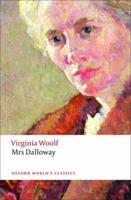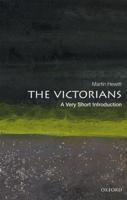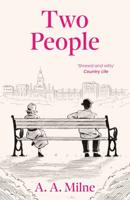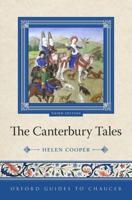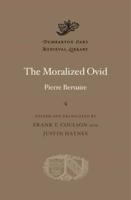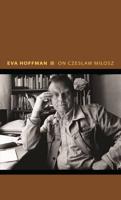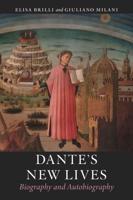Publisher's Synopsis
An analysis of texts narrating the Hundred Years War, from contemporary accounts to the sixteenth century. The Hundred Years War was central and paradoxical for the writing of English history, simultaneously galvanising pugnacious articulations of nationalism and exposing their bankruptcy. However, the conflict remains a sticking pointin scholarship of medieval multilingualism and its complex relationship to nationalism, often overlooked in calls for a "post-national" vocabulary. This book charts the narration of the war in English literature, from contemporary chroniclers and poets, such as Chaucer, documenting the conflict that dominated the fourteenth and fifteenth centuries, to later polemicists and playwrights looking back on their medieval past, including Shakespeare. It explores how its propagandists navigated its cultural minefields, and then how their mythologisations became ciphers for Tudor expressions of nationalism. Challenging the periodisation that habitually divides the medieval from the early modern, it shows how an event of the magnitude and longevity of the Hundred Years War shaped ways of thinking about English history and language from Chaucer and Lydgate to Spenser and Shakespeare. It also brings to light a rich and neglected corpus of Hundred Years War literature, from anonymous chroniclers and balladeers to agonising eyewitness accounts. Joanna Bellis is the Fitzjames Research Fellow in Old and Middle English at Merton College, Oxford.

